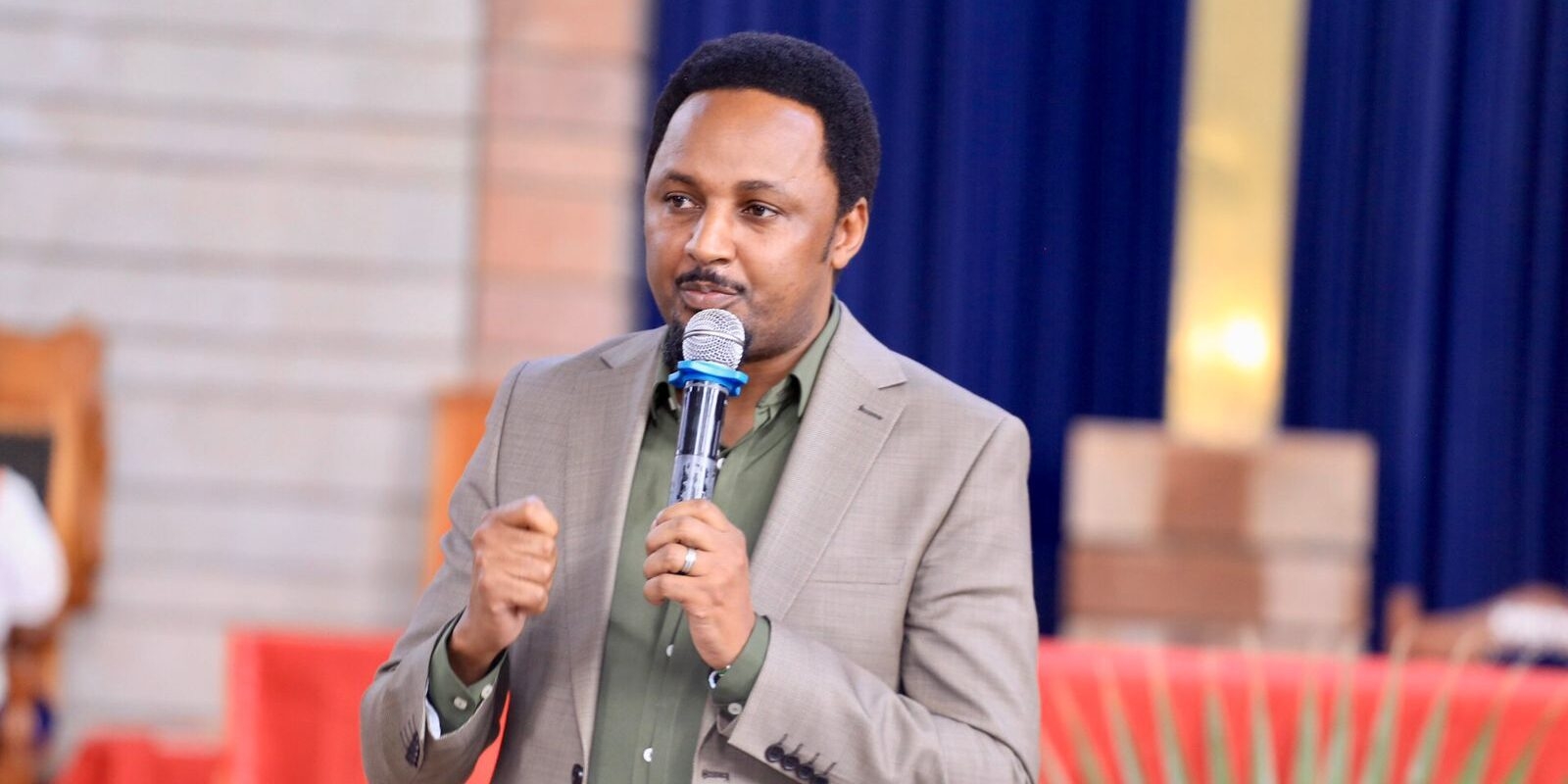The Ministry of Health has moved to ensure residents of Samburu county have ease of access to health facilities.
As part of the effort, which is also geared towards attainment of Universal Health Coverage, the ministry is now setting up new healthcare facilities and upgrading existing Level 1 hospitals to better cater for maternal and child healthcare needs.
The move seeks to lower the burden of maternal and infant mortality, while at the same time ensuring better health-seeking behaviours and outcomes.
According to the categorisation by the Kenya Medical Practitioners and Dentists’ Council, Level 1 facilities are at the community level.
These facilities are run by any registered and licensed health workers, Community Health Extension Workers or Community Health Promoters.
They are mandated with the preventive aspect of healthcare, which involves health promotion and education on early detection of conditions, screening and referral, enforcing adherence to care and defaulter tracing.
The process has already commenced with the site handover for the proposed Pura Maternity and Child dispensary in Samburu West, Loosuk constituency.
According to the ministry, Samburu county has encountered several challenges, including its remote geographical location and limited road infrastructure.
“Deep-rooted cultural practices have sometimes led mothers to rely on traditional birth attendants instead of seeking professional medical care,” the ministry said in a statement.
“Moreover, many communities are situated far from healthcare centres, resulting in delayed or insufficient care for pregnant women,” it added.
A survey conducted in the county in 2019 by the ministry and other partners, such as Unicef, found that poor water and sanitation hygiene conditions were major contributors to childhood illnesses, mainly diarrhoea.
The survey found that despite a slight reduction in open defecation in comparison to previous year, open defecation in the county remained high at 73 per cent in 2019, exacerbating the problem.
The county government has in the recent past prioritised maternal, neonatal and child health by setting up nine new dispensaries between 2016 and 2018 alone to increase access to services.
To improve the health of mothers, children and elderly, multiple outreach programme activities have also been carried out in far-flung areas of the county, targeting immunisation services, antenatal care, family planning and growth monitoring in children.
The department, through the Managed Equipment Scheme (MES), acquired a dialysis unit, four modern theatres and two diagnostic and imaging units at Suguta, Baragoi and Maralal County Referral Hospital.
These investments have gone a long way in assuring the county residents of quality health care.
In May, the ministry handed over a refrigerated Land Cruiser vehicle to Samburu county to strengthen immunisation efforts.
The vehicle, which is equipped with a GPS tracking device and temperature monitoring, is specially designed for the transportation of vaccines.
“Samburu county currently receives its vaccines from Nakuru, which is hundreds of kilometres away,” Health CS Susan Nakhumicha said.
“With the new vehicle, the transportation of vaccines from the depot to the county will be faster and more efficient.”
Nakhumicha reiterated the ministry’s committment to supporting counties in improving their healthcare services, especially in far-reaching areas.











